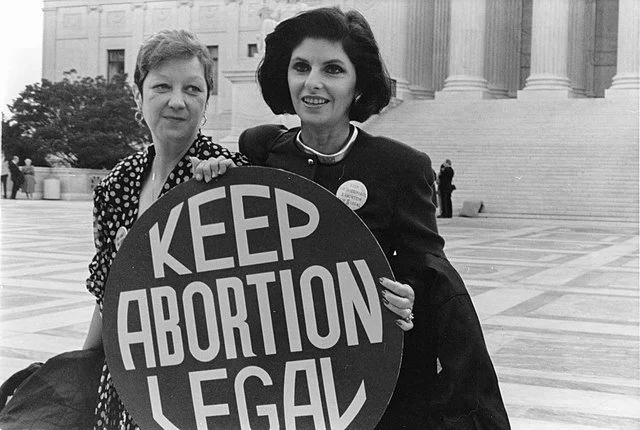Body Politics
Nearly 70 percent of Americans want abortion to remain legal. But right now, it’s not up to them.
Last December, the Supreme Court heard oral arguments in a Mississippi case that could hurt women across the country. At issue is a near-total ban on abortion that flies in the face of the landmark Roe v. Wade decision a half-century ago. Conservative justices could overturn abortion rights in America by the end of the court’s term. This week, journalist Rebecca Traister argues that establishment Democrats have failed to protect the healthcare needs of poor and marginalized people — and to defend democracy.
If the high court’s tepid reaction to an equally controversial Texas law is any indication, the outlook is not good for abortion activists. The measure under review in that case prohibits abortions after a fetal heartbeat is detected and deputizes citizens to report and sue anyone who enables such procedures. The court’s conservative majority turned down a request to block the law while it remains in dispute.
Traister tells Will and guest host Allison Wright that the Democratic Party has been apathetic at best in supporting a constitutional right to abortion. Instead, Traister says, Roe has been undermined from the beginning by federal policies like the Hyde amendment, which forbids the use of federal funds to help people who want to end their pregnancies. She remains optimistic in the long run, however, that progressives will be able to reassert a right that a large majority of Americans support, once they begin to understand the struggle as a defense not only of bodily autonomy and privacy, but of hard-won gender, racial and economic justice.
Heard on the show
Listen to the complete recording of the Dec. 1 oral arguments in Dobbs on the U.S. Supreme Court’s web portal.










